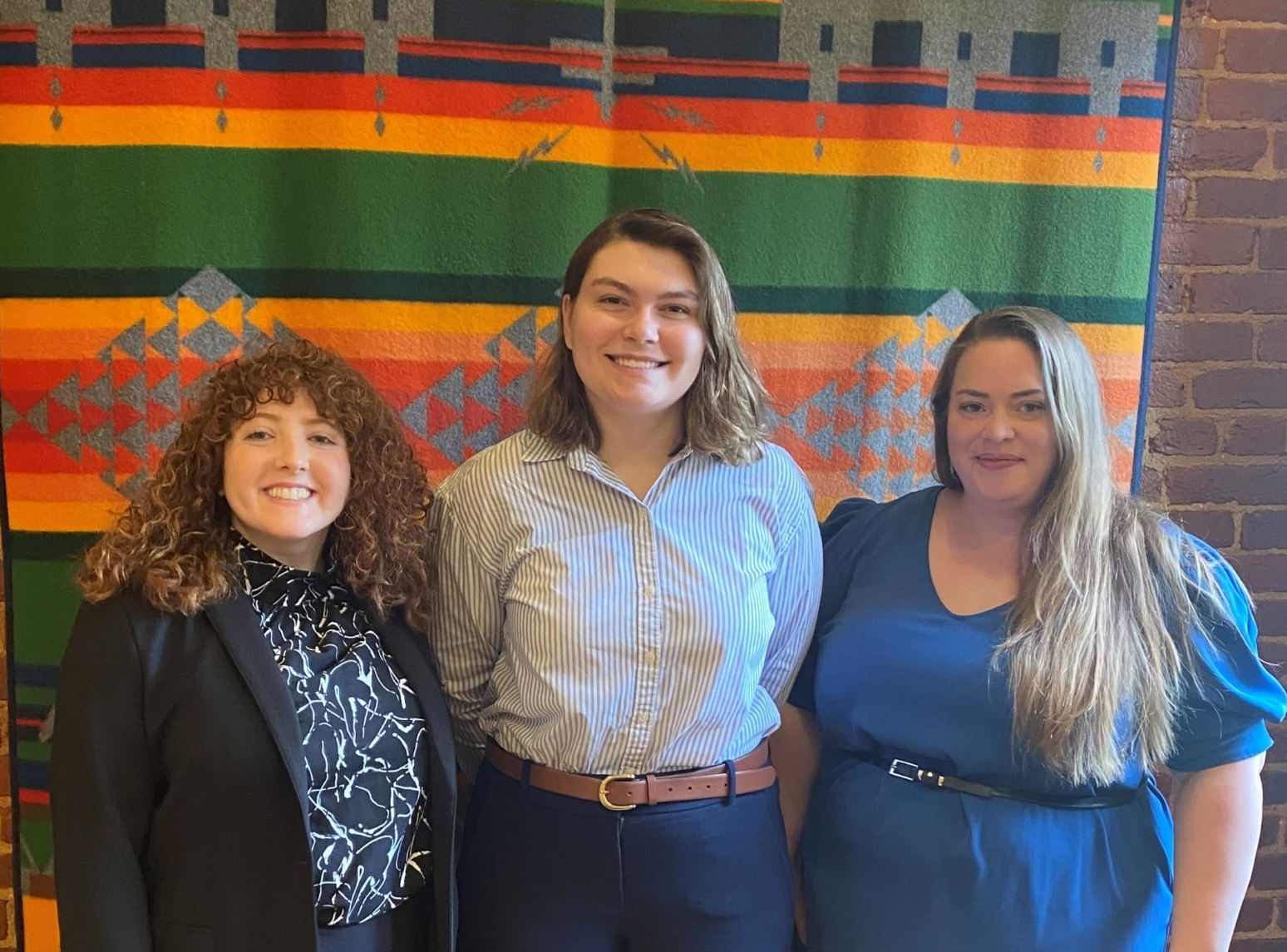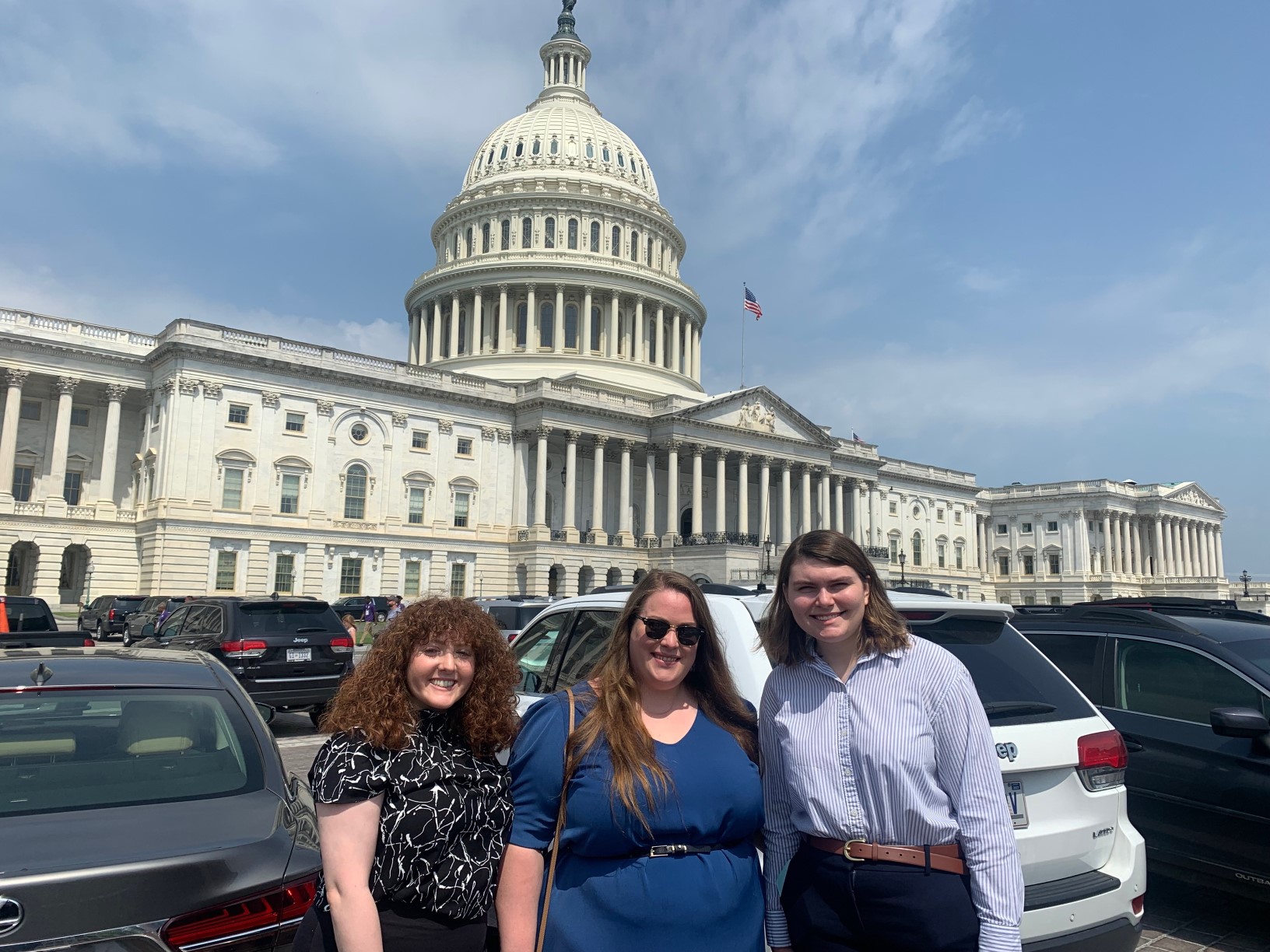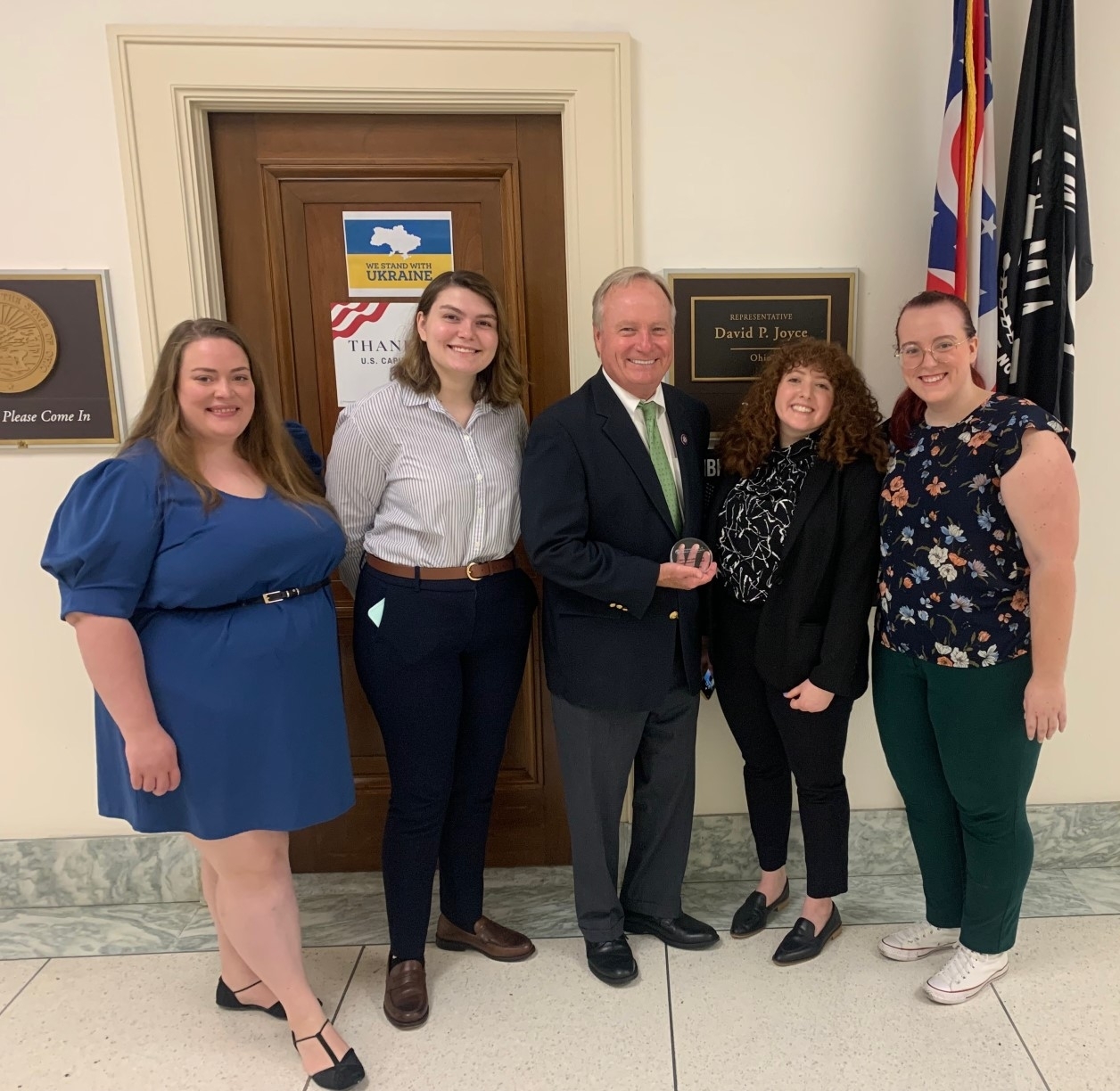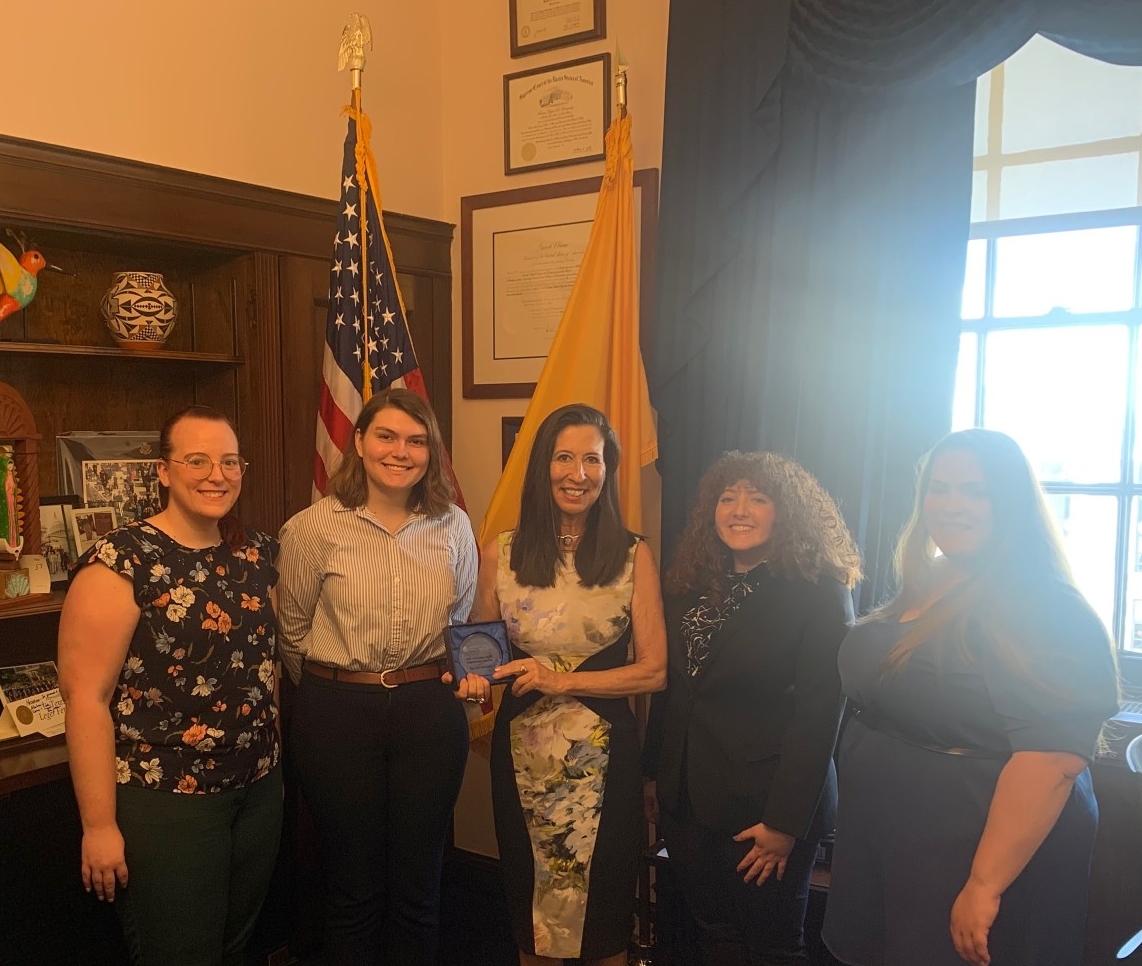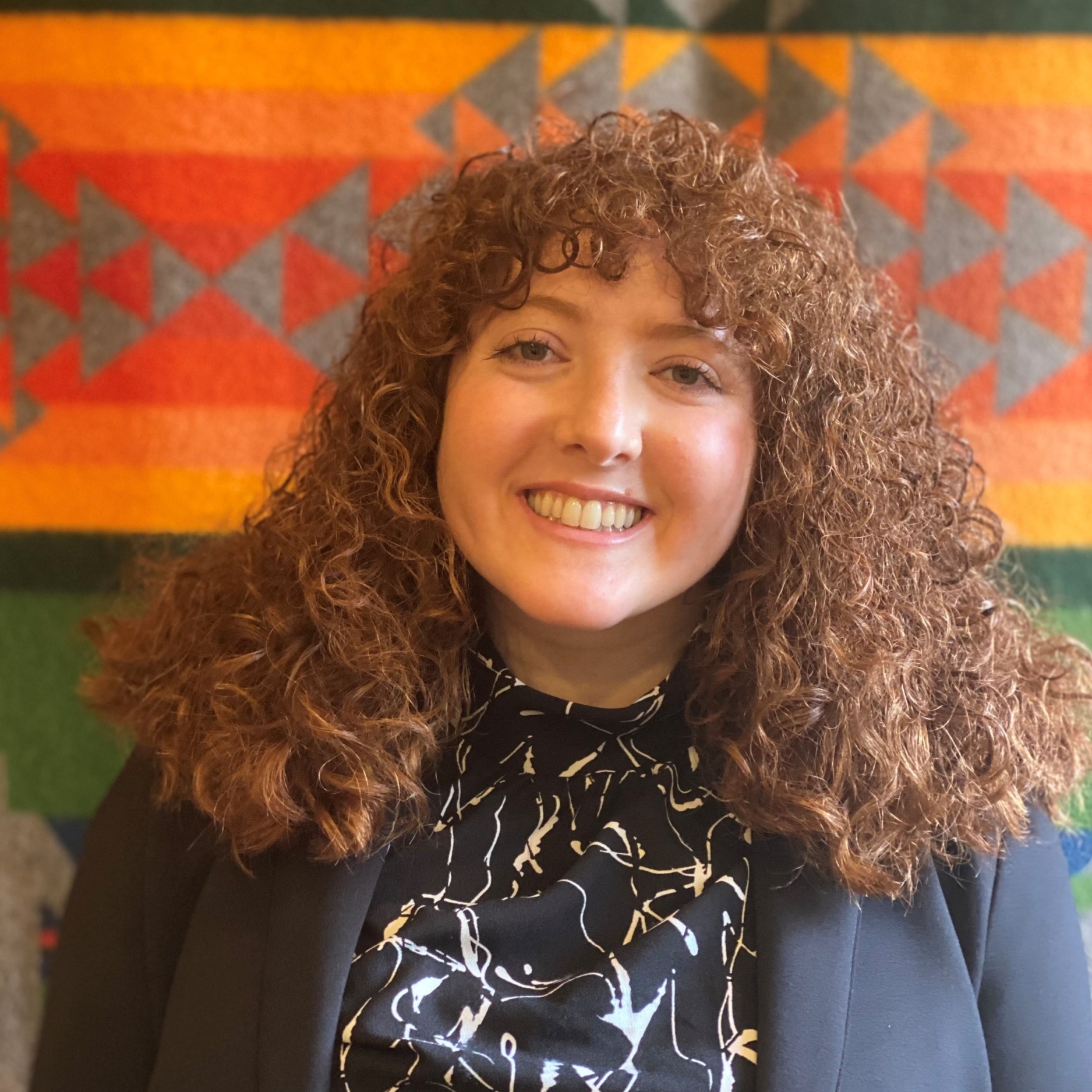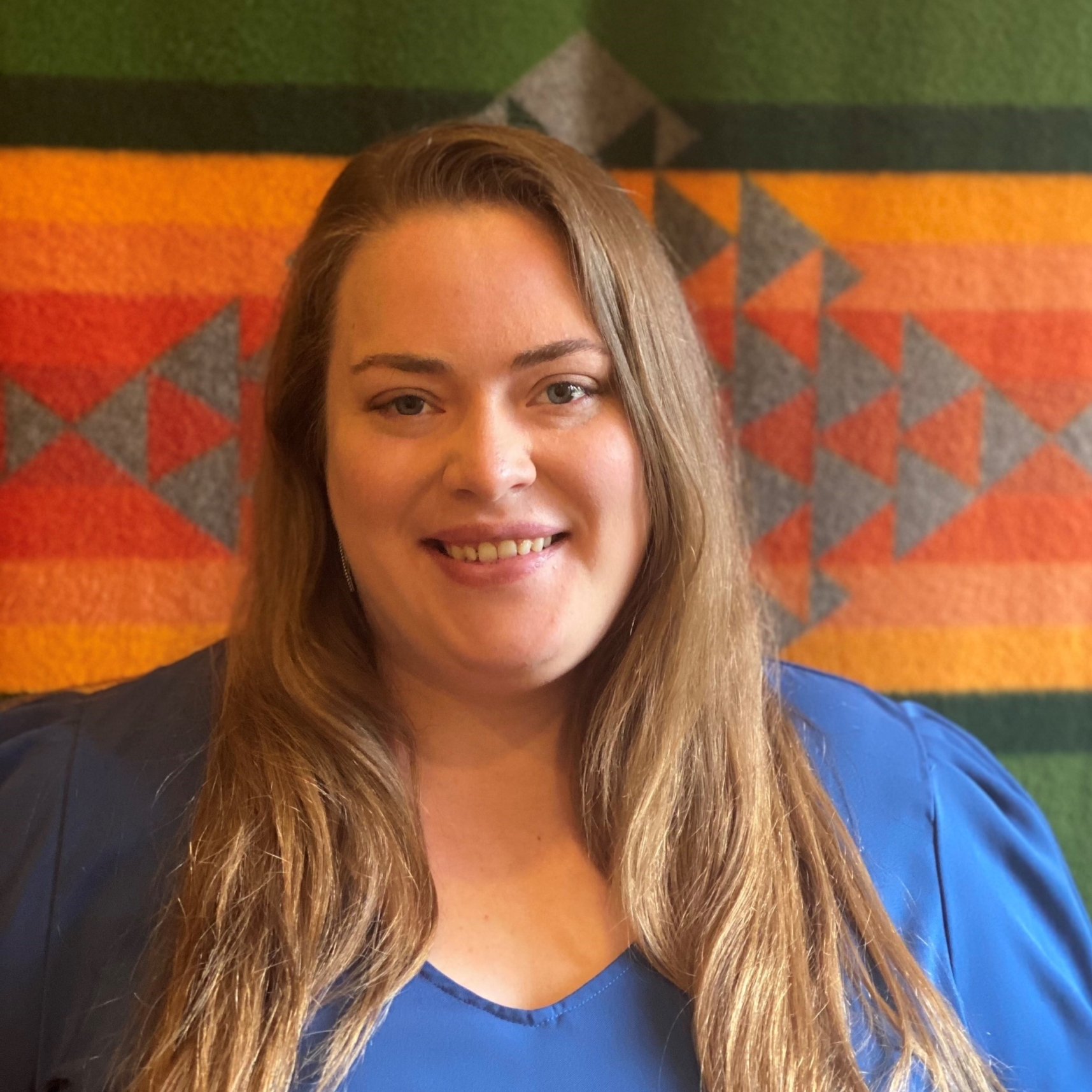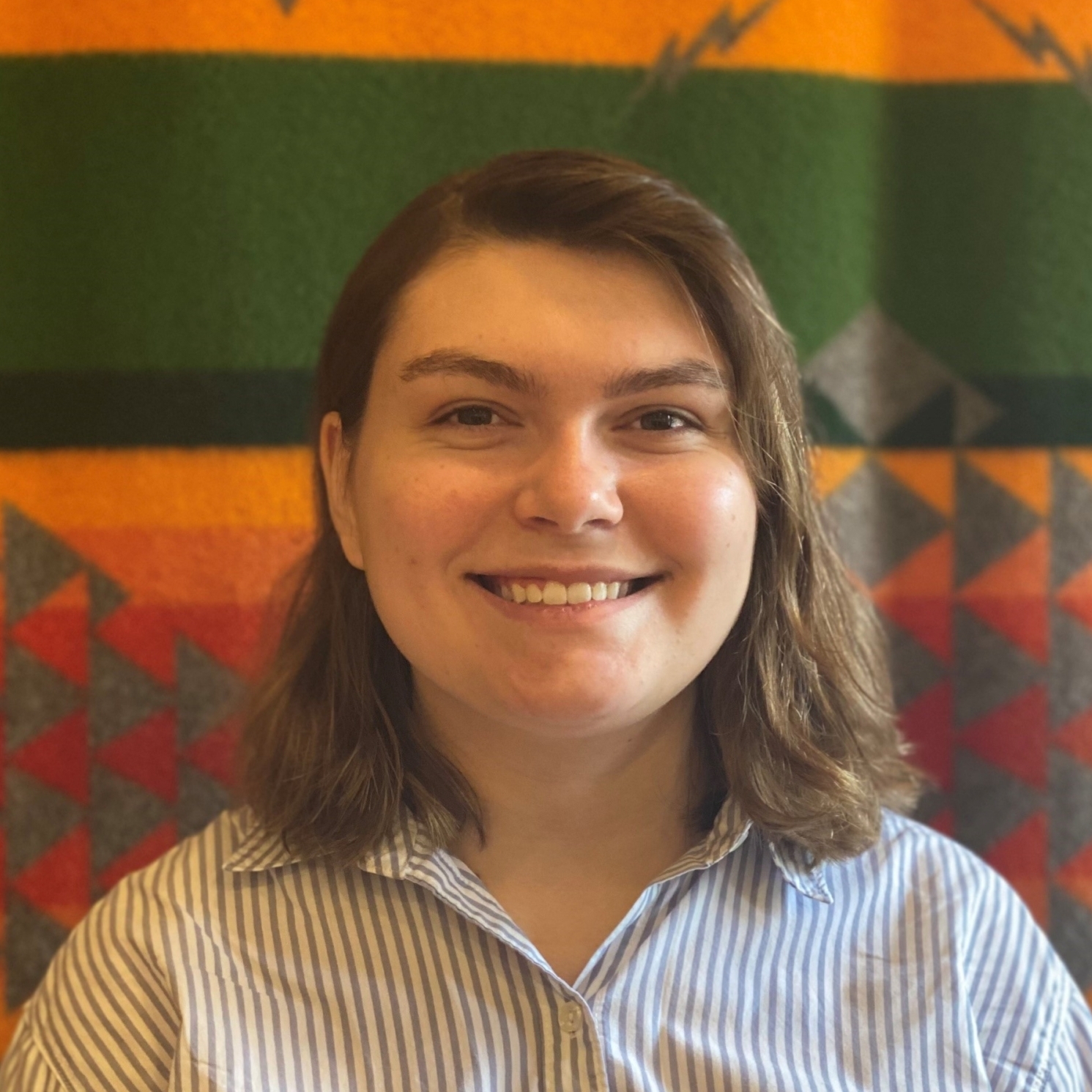Health Equity and Accountability Act (HEAA) Includes Key Provisions for Urban Indian Health
On June 23, Senator Cory Booker (D-NJ), Senator Raphael Warnock (D-GA), and Representative Robin Kelly (D-IL-02) reintroduced the Health Equity and Accountability Act of 2022 (HEAA) (S. 4486/H.R. 7585). The bill aims to address racial and ethnic health disparities by creating a more equitable health care system through systemic changes. After much advocacy from the National Council of Urban Indian Health (NCUIH), the bill included critical provisions for urban Indian health, such as 100% Federal Medical Assistance Percentage (FMAP) for urban Indian organizations (UIOs), urban Indian inclusion in the Community Health Aide Program (CHAP), and the first-ever legislative text establishing an urban confer policy with the Department of Veteran Affairs (VA).
Bill Highlights for Urban Indian Health
100% FMAP for Services at UIOs
Congress authorized 100% FMAP for Indian Health Service (IHS) and Tribal health facilities in the Indian Health Care Improvement Act (IHCIA) in order to supplement chronic underfunding of IHS and thus better fulfill the federal government’s trust responsibility to provide safe and quality healthcare to American Indians/Alaska Natives (AI/ANs). UIOs were not included in the IHCIA amendments as an oversight, and therefore services provided at a UIO were not eligible for 100% FMAP. For decades, urban Indian leaders and NCUIH advocated how critical this provision would be in enhancing the ability of UIOs to provide services for IHS-Medicaid beneficiaries. In 2021, NCUIH was successful in securing two years of 100% FMAP in the American Rescue Plan Act (ARPA) and has continued to advocate for an indefinite extension. This bill includes the permanent authorization for UIOs to receive 100% FMAP, bringing them into parity with other providers in the Indian healthcare system.
Conferring with Urban Indian Organizations
This bill includes legislation for both a confer policy with HHS, as well as the first-ever legislative text establishing an urban confer policy with the VA. An urban confer is an established mechanism for dialogue between federal agencies and UIOs. Urban confer policies are a response to decades of deliberate federal efforts (i.e., forced assimilation, termination, relocation) that have resulted in 70% of AI/AN people living outside of Tribal jurisdictions, thus making urban confer integral to address the care needs of most AI/AN persons. Currently, only IHS has a legal obligation to confer with UIOs.
NCUIH was successful in passing urban confer for the Department of Health and Human Services (HHS) (H.R. 5221) in the House and has introduced a companion bill in the Senate (S. 4323). This type of policy would ensure the many branches and divisions within HHS and all agencies under its purview establish a formal confer process to dialogue with UIOs on policies that impact them and their AI/AN patients living in urban centers. A clear communication pathway between federal health agencies and UIOs is imperative, especially during the ongoing COVID-19 pandemic that has disproportionately impacted AI/ANs. Missed opportunities for awareness and information provided to UIOs regarding AI/AN healthcare can be easily avoided through a confer process. For example, key information regarding vaccine distribution for the initial COVID-19 vaccine rollout in December of 2020 was poorly communicated to UIOs and created unnecessary hardships. HHS addressed initial communications only to Tribes and did not direct it to the UIO component of the IHS system. When HHS was asked about whether UIOs needed to similarly decide between an IHS or state vaccine allocation, it was unclear for weeks as to whether they were expected to make such a decision. Eventually, HHS asked UIOs to decide between receiving their vaccine distribution from either their state jurisdiction or IHS on the same day as the initial deadline (which thankfully HHS subsequently extended for several days). Some UIOs were informed of the deadline by their Area office with no formal national communication. Consequently, UIOs were prevented from providing input, resulting in many clinics experiencing serious delays in vaccine distribution. For example, Native American LifeLines, the Baltimore UIO, did not receive vaccines until just 5 days before the general public was eligible. This had dire consequences, as the pandemic took the lives of AI/ANs at the highest rates of any population. Ultimately, this flawed process could have been easily avoided with an urban confer policy.
NCUIH has also been advocating for the creation of an urban confer with the VA. AI/ANs have a long history of distinguished service to this country. Per capita, AI/ANs serve at a higher rate in the Armed Forces than any other group of Americans and have served in all the nation’s wars since the Revolutionary War. In fact, AI/ANs served in several wars before they were even recognized as U.S. citizens. According to a VA report, 140,507 Veterans identify themselves as AI/AN, and a higher percentage of AI/AN Veterans served in the Pre-9/11 period (17.7%) compared to Veterans of all other races (14.0%). The report also showed significant disparities between AI/AN veterans and other Veterans including that AI/AN Veterans had lower personal incomes than Veterans of other races, the percentage of AI/AN Veterans who were unemployed was higher than the percentage of Veterans of other races who were unemployed, AI/AN Veterans were more likely to lack health insurance than Veterans of other races, and AI/AN Veterans were more likely to have a service-connected disability than Veterans of other races. As the VA continues to work more closely with UIOs to increase access to health care services for AI/AN Veterans and address these disparities, it is imperative that a formal confer process is established for the VA.
The HEAA addresses these key parity issue and provides a forum for important feedback from AI/AN stakeholders to HHS and the VA.
Inclusion of UIOs in the National Community Health Aide Program (CHAP)
The legislation includes UIOs as eligible entities for CHAP. This inclusion will increase the availability of health workers in AI/AN communities. Currently, IHS asserts that UIOs are excluded simply because they are not explicitly included in the statutory language of the nationalization of CHAP. Securing UIO inclusion in CHAP is a policy priority for NCUIH in 2022.
Commissions and Committees
HEAA adds UIOs to commissions and committees relating to various health equity provisions. Urban Indian health representatives were added as members of the Commission on Ensuring Data for Health Equity” to provide clear and robust guidance to improve the collection, analysis, and use of demographic data in responding to future public health emergencies.
| Commission/Committee Description | Urban Indian Inclusion |
| Commission on Ensuring Data for Health Equity | Urban Indian health representatives were added as members of the Commission to provide clear and robust guidance to improve the collection, analysis, and use of demographic data in responding to future public health emergencies. |
| CREATING MODEL PROGRAMS FOR THE CARE OF INCARCERATED INDIVIDUALS IN THE PRENATAL AND POSTPARTUM PERIODS:
“The Attorney General, acting through the Director of the Bureau of Prisons (in this subsection referred to as the “Director”), shall establish, in not fewer than 6 Bureau of Prisons facilities, programs to optimize maternal health outcomes for pregnant and postpartum individuals incarcerated in such facilities.” |
The Grant allows for the establishment of partnerships with local public entities, including urban Indian organizations, to establish or expand pretrial diversion programs as an alternative to incarceration for pregnant and postpartum individuals.
Appropriations: $10,000,000 for each of fiscal years 2023 through 2027. |
| GRANTS TO PROMOTE REPRESENTATIVE COMMUNITY ENGAGEMENT IN MATERNAL MORTALITY REVIEW COMMITTEES:
The Secretary may, using funds made available to assist an applicable maternal mortality review committee of a State, Indian tribe, tribal organization, or Urban Indian organization |
Appropriations: $10,000,000 for each of fiscal years 2023 through 2027.
Tribal Set-Aside: Of the amount made available under the preceding sentence for a fiscal year, not less than $1,500,000 shall be reserved for grants awarded under subsection (d)(9) to Indian tribes, tribal organizations, or Urban Indian organizations. |
Next Steps
HEAA has been referred to the Senate Finance Committee and the House Subcommittee on Health, where it awaits consideration.
Resources
Additional Bill Funding for Urban Indian Organizations
HEAA also includes other appropriations for UIOs discussed in greater detail below:
| Grant Description | Grant Amount |
| EXPANDING CAPACITY FOR MATERNAL HEALTH OUTCOMES:
The Secretary shall award grants to eligible entities to evaluate, develop, and expand the use of technology-enabled collaborative learning and capacity-building models and improve maternal health outcomes. UIOs are included as eligible entities. |
Appropriations: $6,000,000 for each of fiscal years 2023 through 2027. |
| GRANT PROGRAM TO PROTECT VULNERABLE MOTHERS AND BABIES FROM CLIMATE CHANGE RISKS:
The Secretary of HHS shall establish a grant program to protect vulnerable individuals from risks associated with climate change. |
Appropriations: $100,000,000 for fiscal years 2023 through 2026. |
| HOUSING FOR MOMS GRANT PROGRAM:
The Secretary of Housing and Urban Development shall establish a Housing for Moms grant program under this subsection to make grants to eligible entities to increase access to safe, stable, affordable, and adequate housing for pregnant and postpartum individuals and their families. UIOs included as eligible entities. |
Appropriations: $10,000,000 for fiscal year 2022, which shall remain available until expended. |
| GRANT PROGRAM FOR HEALTHY FOOD AND CLEAN WATER FOR PREGNANT AND POSTPARTUM INDIVIDUALS:
An eligible entity shall use grant funds awarded under this paragraph to deliver healthy food, infant formula, clean water, or diapers to pregnant and postpartum individuals located in areas that are food deserts, as determined by the Secretary using data from the Food Access Research Atlas of the Department of Agriculture. |
Appropriations: $5,000,000 to carry out this paragraph for fiscal years 2022 through 2024. |
| MATERNAL MENTAL HEALTH EQUITY GRANT PROGRAM:
SAMHSA will establish a program to award grants to eligible entities to address maternal mental health conditions and substance use disorders with respect to pregnant and postpartum individuals, with a focus on racial and ethnic minority groups. |
Appropriations: $25,000,000 for each of fiscal years 2023 through 2026. |
| Grants For Innovative Approaches:
HRSA in collaboration with other agencies, including IHS, will award grants to eligible entities for developing and implementing innovative approaches to improve maternal and child health outcomes of victims of domestic violence, dating violence, sexual assault, stalking, human trafficking, sex trafficking, child sexual abuse, or forced marriage. |
Appropriations: $25,000,000 for the period of fiscal years 2023 through 2025. |
| TELEHEALTH AND RURAL ACCESS PILOT PROJECTS:
The Secretary of Veterans Affairs, in cooperation with the Secretary of Defense and the Secretary of Health and Human Services (referred to in this subsection collectively as the “Secretaries”) shall establish 4-year telehealth pilot projects for the purpose of analyzing the clinical outcomes and cost-effectiveness associated with telehealth services in a variety of geographic areas that contain high proportions of medically underserved populations, including African Americans, Latinos or Hispanics, American Indians or Alaska Natives, and those in rural areas. |
Appropriations: There is authorized to be appropriated to carry out this section for the period of fiscal years 2023 through 2027 an amount equal to the amount of savings for the Federal Government projected to be achieved over such period by implementation of this section. |



